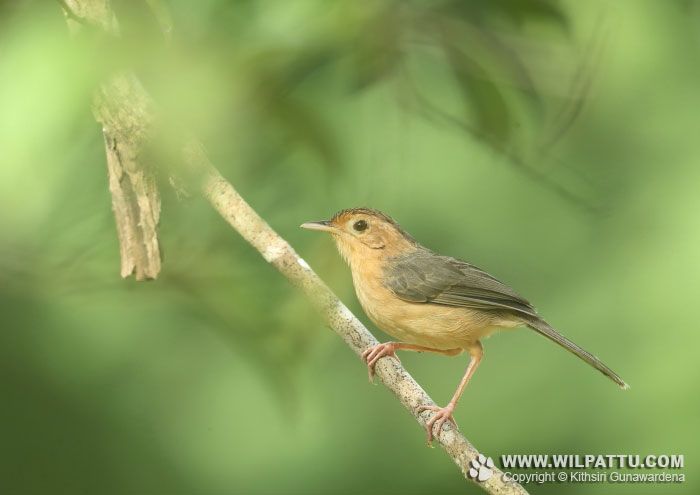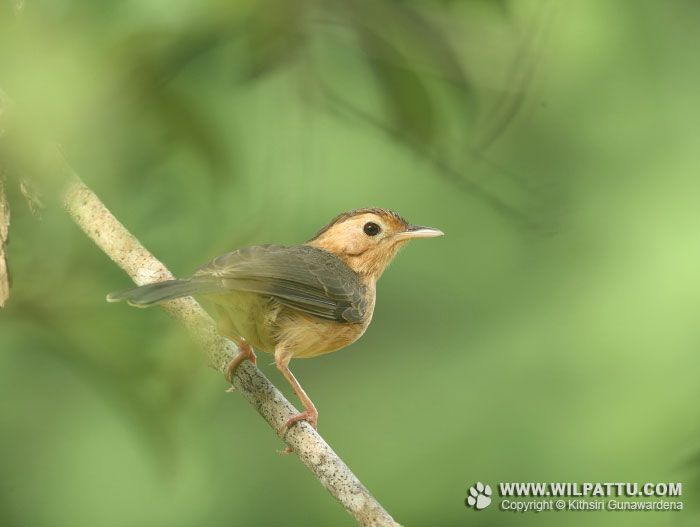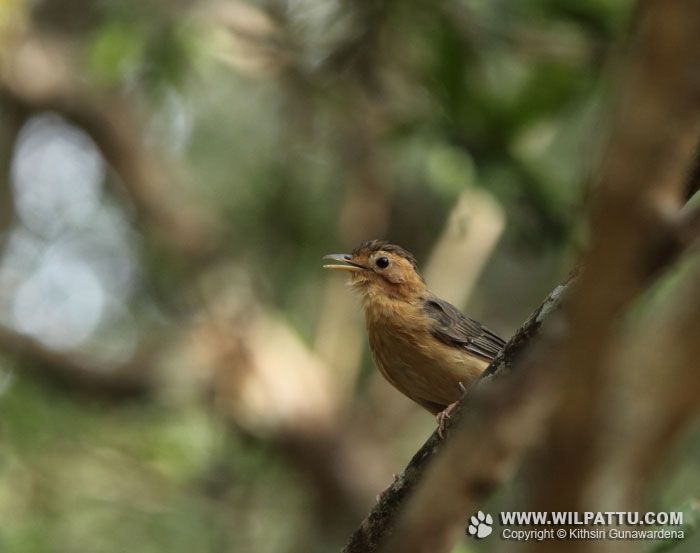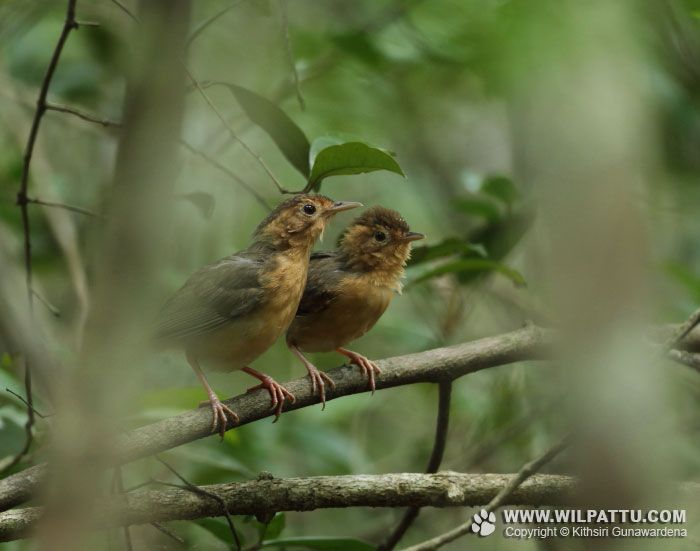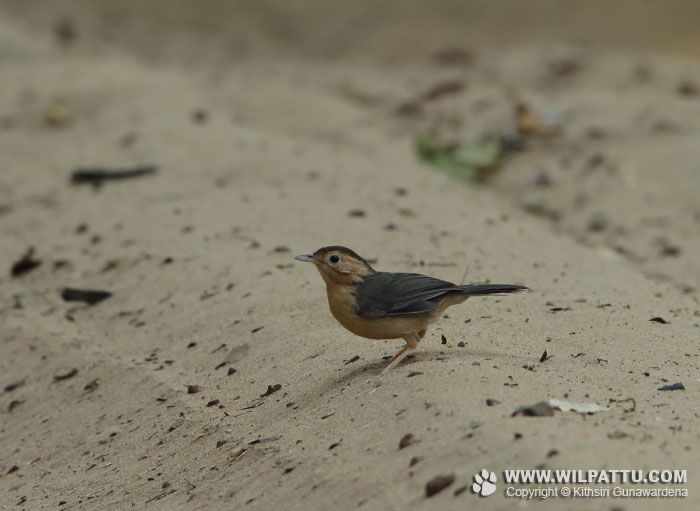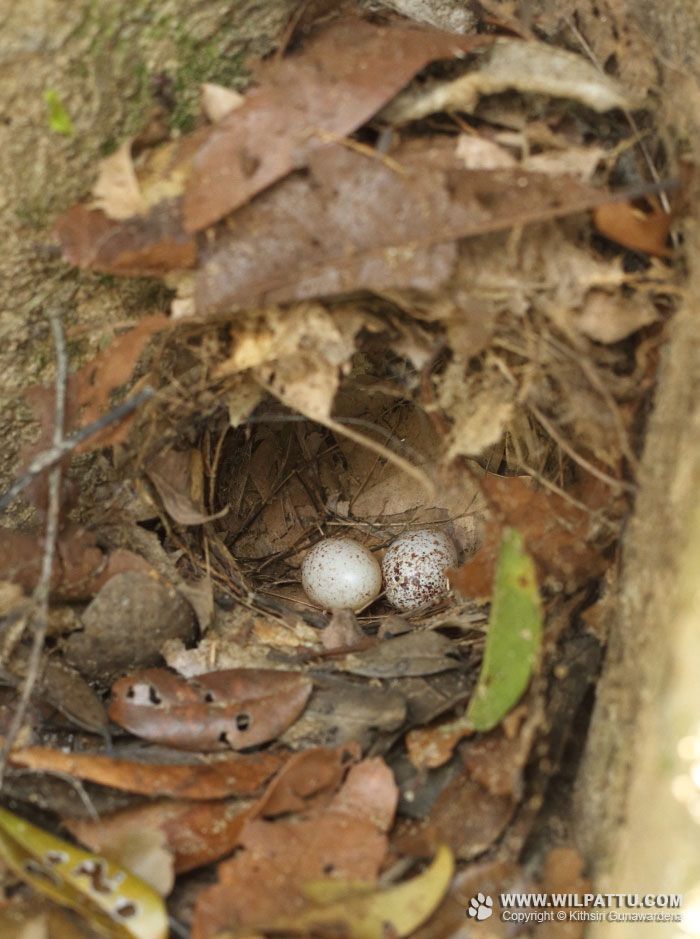
Birds ‹‹ Go Back
This is an endemic species. Two races have been recognized. Pellorneum fuscocapillus fuscocapillus is found in the low country wet zone and the hills where as Pellorneum fuscocapillus babaulti is found in the dry zone race, which is paler in coloure.
The conservation status of this species is regarded as Least Concerned (National Red List 2012).
This is a species strictly protected in terms of section 31 read with schedule iv the Fauna and Flora Protection Ordinance as amended by Act No. 22 of 2009.
I have seen the wet zone race of this bird at many locations including Labugama, Meethirigala, Sinharaja, Kitulgama, Bodinagala, Kanneliya, Kottawa, Madakada, Morapitiya and Gilimale. It can be found in all the forested monasteries in the wet zone and the hills. In the hills I have seen it at Morning side at an altitude of 1150 meters, Bandarawela at 1316 meters and at Meemure in the Knukles forest at 1310 meters. It is a common bird in most dry zone forests but usually its heard more than seen due to its skulking habits. In the north I have recorded it at Devils Point at Ponnaveli forest and at Omanthai near Mamaduwa tank. I have never seen it in the Jaffna peninsula or the Mannar Island.
In September 2010 I found a nest at a Mirissala at Ambatenna at an altitude of 592 meters. The nest was built on the ground at the foot of a tall tree. It was dome shaped with a large opening. There were two eggs the ground coloure was off white with large brown blotches at the larger end and smaller ones at the narrower end of the egg.
On 5th April 2015 I observed and photographed another nest at Aalam Villu in Wilpattu National Park, which also contained two eggs.
These birds are usually seen in pairs on the forest floor among the leaf litter. While all other species of babblers found in the country would move on the ground by hopping the Brown-capped Baller can be often seen moving my walking and running.
This is a very common species at Wilpattu and its call can be heard at most location in the forested areas. Birds belonging to the race P.f. babaulti, which are paler in colour to those in the wet zone and the hills, are found at Wilpattu.

